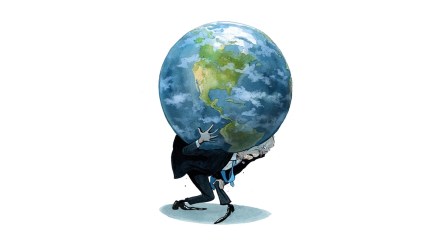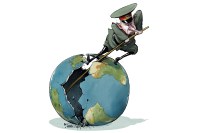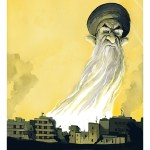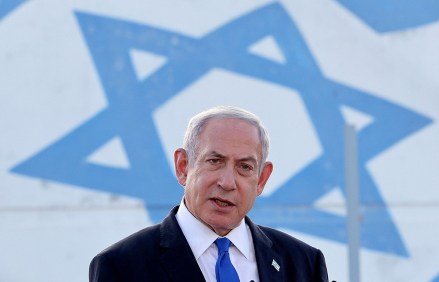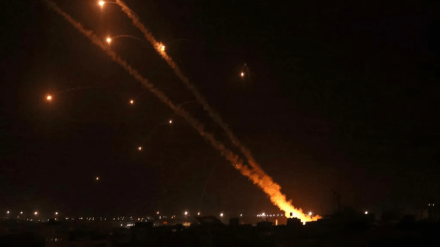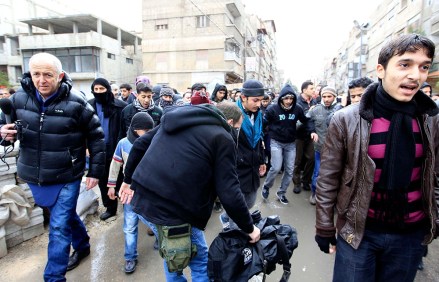Why I don’t trust the BBC’s Trusted News Initiative
You almost certainly haven’t heard of the Trusted News Initiative (TNI), although you probably should have. It’s a BBC-led consortium of the world’s most powerful news, social media and technology companies that seeks to cleanse the internet of ‘disinformation’. It carries out this mission by doing its best to discredit sites that challenge the prevailing narrative on topics like lockdowns, Covid vaccines, electoral fraud, the Ukraine war and climate change. It was founded in 2019 by Jessica Cecil, a senior BBC executive who, in 2021, was part of the Counter Disinformation Policy Forum, a shadowy group of ‘experts’ convened by the Department for Culture, Media and Sport to monitor criticism





